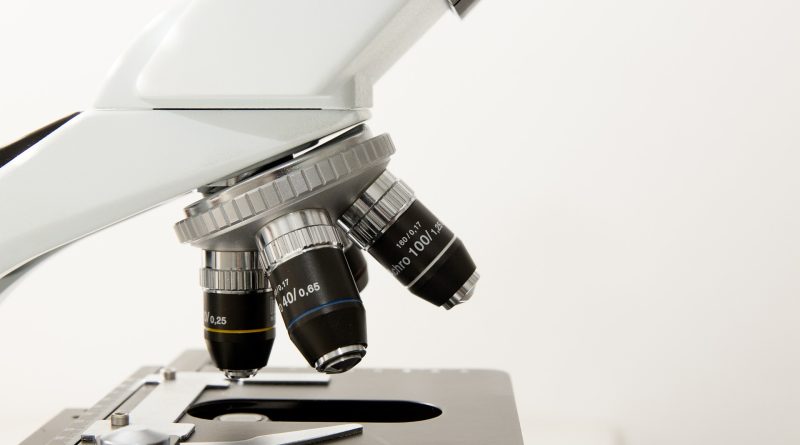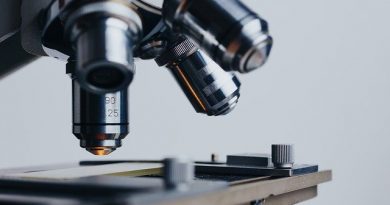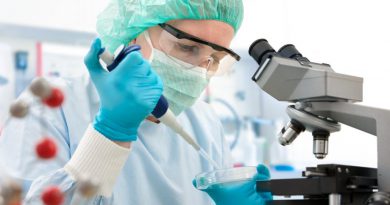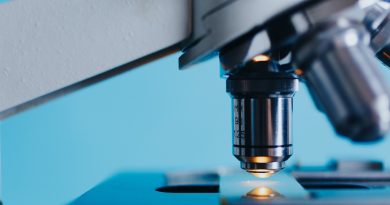‘Mini Organs’ Are Grown from Human Stem Cells Taken During the Late Stages of Pregnancy for The First Time – Marking a ‘Huge Step Forward’ for Prenatal Medicine
Image by Markus Spiske from Pixabay
We are pleased to share this article form the Daily Mail. Growing organs from stem cells for use in research is a more modern and human-specific alternative to using animal models.
From the Daily Mail:
‘Mini organs’ have been grown from human stem cells taken during the late stages of pregnancy for the first time, marking a ‘huge step forward’ for prenatal medicine.
New research shows that complex cell models, called organoids, can be grown and that these ‘mini organs’ retain the baby’s biological information.
The advance means that human development can be observed in late pregnancy for the first time, raising the possibility of monitoring and treating congenital conditions before birth.
Organoids – miniaturised and simplified versions of organs – allow researchers to study how organs function both when they are healthy and when they are affected by disease.
Until now, organoids have been derived from adult stem cells or from the foetal tissue of terminated pregnancies, and regulations restrict when foetal samples can be obtained.
In the UK this can be done up to 22 post-conception weeks, the legal limit for the termination of a pregnancy, but in countries like the US foetal sampling is illegal.
The regulations mean studying normal human development past 22 weeks has been limited, as well as for congenital diseases at a point when there may still be an opportunity to treat them.
To overcome these issues, researchers at University College London (UCL) and Great Ormond Street Hospital (GOSH) extracted stem cells that had passed into the amniotic fluid, which surrounds the child in the womb and protects it during pregnancy.
Because the child is not touched during the collection process, sampling restrictions can be overcome and the cells carry the same biological information as the child.
The researchers took live cells from 12 pregnancies – between the 16th week and the 34th week – as part of routine diagnostic testing.
They then identified which tissues the stem cells came from.
Stem cells from the lungs, kidneys and intestine were successfully extracted, and used to grow organoids that had functional features of these tissue types.
Dr Mattia Gerli, first author of the study, said: ‘The organoids we created from amniotic fluid cells exhibit many of the functions of the tissues they represent, including gene and protein expression.
‘They will allow us to study what is happening during development in both health and disease, which is something that hadn’t been possible before.
‘We know so little about late human pregnancy, so it’s incredibly exciting to open up new areas of prenatal medicine.’
The team worked with researchers at KU Leuven in Belgium to study the development of babies with CDH, a condition where a hole in the diaphragm means organs like the intestine and liver get displaced into the chest, putting pressure on the lungs and hindering healthy growth.
Mini organs from babies with CDH both pre- and post-treatment were compared to organoids from healthy babies to study the biological characteristics of each group.
The study found significant developmental differences between healthy and pre-treatment CDH organoids.
However, the organoids in the post-treatment group were much closer to healthy ones, providing an estimate of the treatment’s effectiveness at a cellular level.
NIHR Professor Paolo de Coppi, senior author of the study from UCL Great Ormond Street Institute of Child Health and Great Ormond Street Hospital, said: ‘This is the first time that we’ve been able to make a functional assessment of a child’s congenital condition before birth, which is a huge step forward for prenatal medicine.
‘Diagnosis is normally based on imaging such as ultrasound or MRI and genetic analyses.
‘When we meet families with a prenatal diagnosis, we’re often unable to tell them much about the outcome because each case is different.
‘We’re not claiming that we can do that just yet, but the ability to study functional prenatal organoids is the first step towards being able to offer a more detailed prognosis and, hopefully, provide more effective treatments in future.’
The researchers say that while they have not yet studied the method in relation to other conditions, it is possible they could look at other conditions that affect the lungs – like cystic fibrosis, kidneys and intestine.
The research was published in the journal Nature Medicine.
From the Daily Mail




